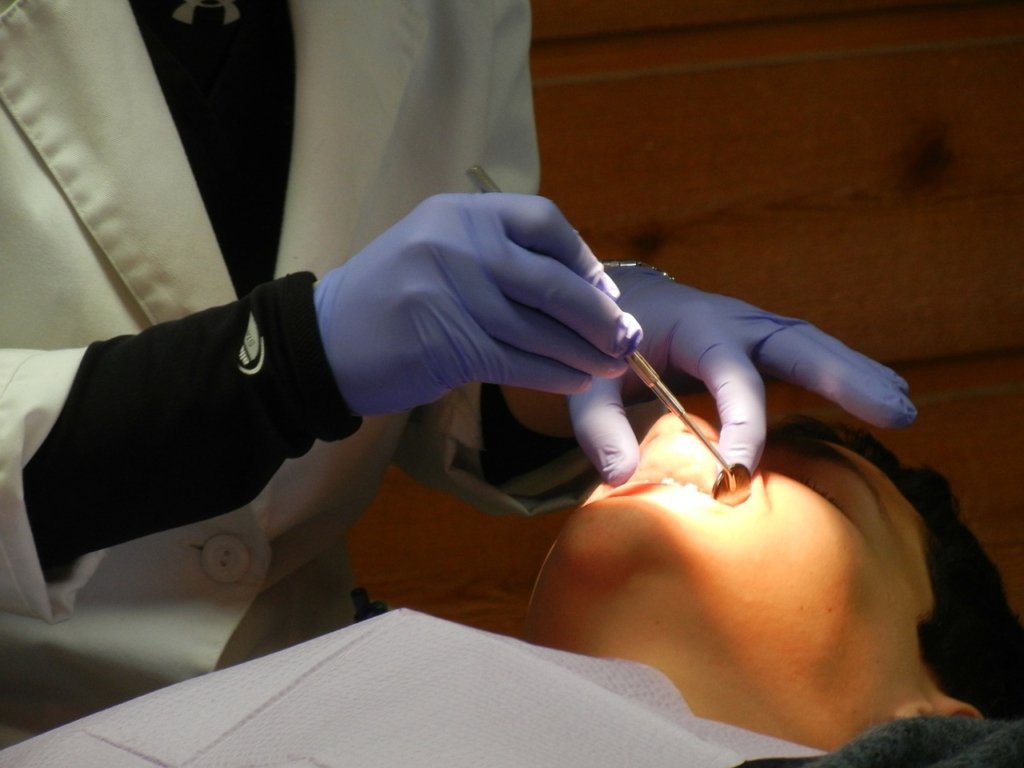Dental works involve and require lots of techniques like cutting into the oral tissue or the total extraction of teeth. This type of procedures can be painful, and Gladstone dentist often uses anesthetics to diminish the pain experienced by patients during the operation. Anesthetics are injected to help numb the operating area nerves temporarily. There are other procedures to help achieve this, like nitrous oxide; it is an inhaled gas that diminishes consciousness leading to pain reduction during the operation.

However, as good as this process will help, there are also complications attached to it; these complications are divided into two categories: preoperative and postoperative complications. In this article we will be listing out the most common complications or side effects of Anesthetics.
1. Hematoma
Developments of hematomas are one of the side effects of Anesthetics, and because almost all Anesthetics are given through injection, it can cause swelling. When the needle punctures a blood vessel below the surface of the gum tissue, it can lead to painful swelling.
2. Paresthesia
The fact that Anesthetics are to help nearby numb tissue during dental implants in Gladstone, it can lead to temporary paralysis or numbness in your mouth or face as it takes some time to wear off. This can also make the eyelids and another part of the face droop. You might also experience a problem eating or talking properly.
3. CNS Toxicity
According to Gladstone dentist, there have been cases where the compound found in anesthesia rapidly travels to the bloodstream. This compound is then absorbed in the body leading to toxicity of the central nervous system and affecting the brain. IT can also cause a hot or cold sensation and also caused peeling or increase sweating. Some patients have also complained of confusion, double vision, and even seizures in some serious cases.
4. Trismus
Trismus can occur as late as two to five days after the operation, and this is usually caused by intramuscular injection of the anesthetics in the pterygomandibular space. Affected muscles are usually either the temporal muscle or the lateral pterygoid muscle. Anaesthetic can cause inflammation inside the affected muscle and trismus or due to multiple injections to the same area, by infection close to the area. This is almost nothing to worry about as it usually disappears within a few days without the need for further treatment.

0 Comments